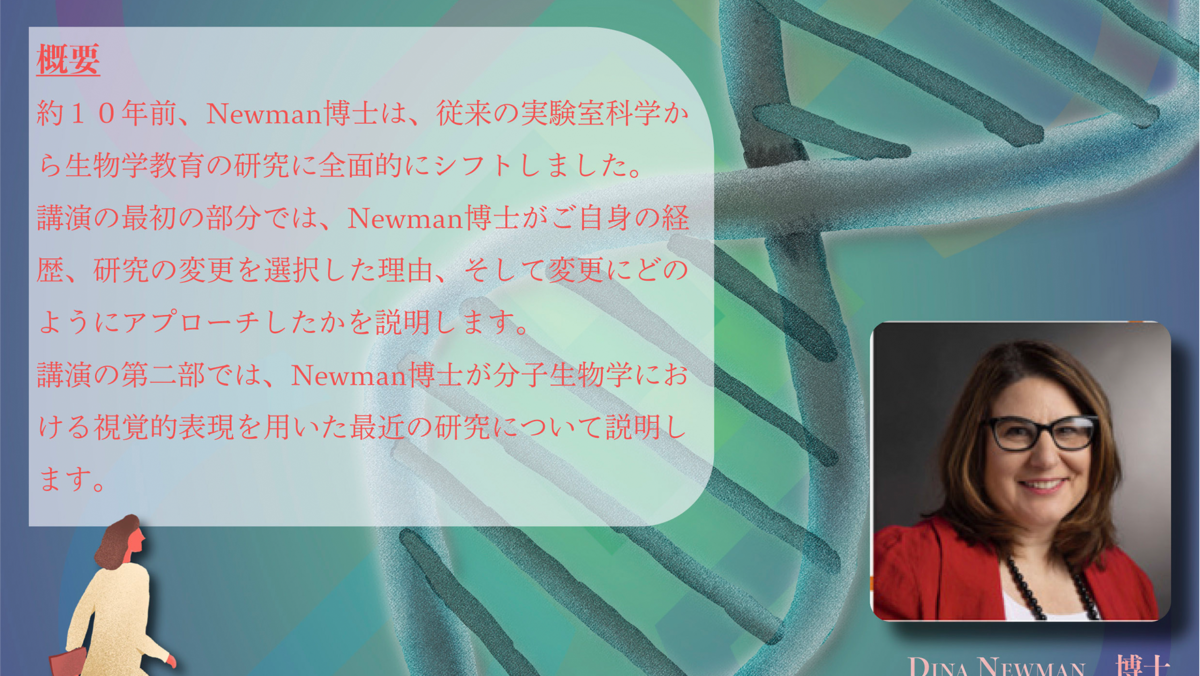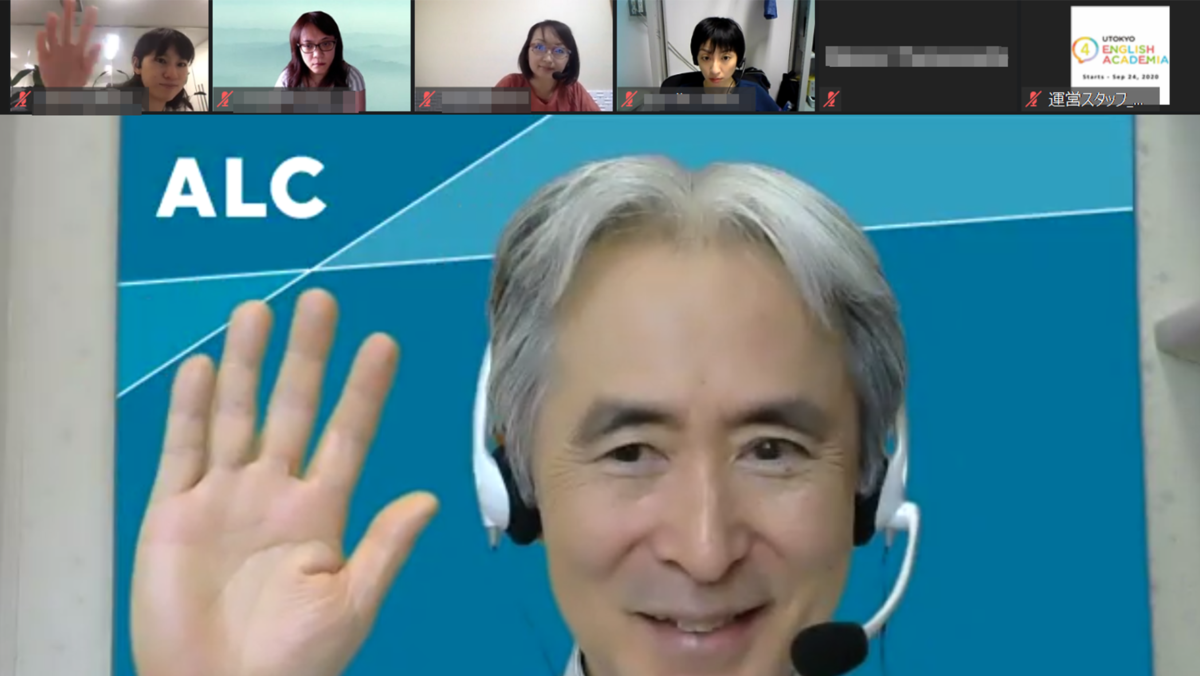Global Faculty Development Program (GFD) will host a workshop on Wednesday, November 18th.
For more details, please check the following description.
――――――――――――――――――――――――――――――――
As part of our Global FD initiative at UTokyo, Global Faculty Development Program (Komaba) will be holding an FD Workshop on 2020, 18th November, Wednesday.
The lecturer will be Dr. Dina Newman, Associate Professor and Co-Director of The Molecular Biology Education Research group at the Rochester Institute of Technology.
Details about the workshop are listed below:
Exploring Research Trajectories in Biology: Integrating Research into Teaching
Date: 18th Nov. Wednesday, 2020 9:00-10:45 *JST
Place: Zoom Meeting style
Registration: Encouraged with the link below
https://forms.gle/BX3CvNJVNvK7ZV5M8
Eligibility: All faculty, staff and students welcome!
Language: English and Japanese
* Simultaneous translation will be available.
Admission: Free
Inquiries: GFD committee e-mail: gfd-tokyo@adm.c.u-tokyo.ac.jp
Workshop description
Dr. Newman is an associate professor and co-director of the Molecular Biology Education Research (MBER) group at the Rochester Institute of Technology.
About 10 years ago, she shifted her research entirely from traditional laboratory science to biology education research. In the first part of this workshop, Dr. Newman will describe her background, why she chose to change her scholarship, and then how she approached the change in her research. In the second part of the workshop, she will describe her recent research using visual representations in molecular biology.
Tentative schedule
9-9:05am: Introduction
9:05-9:45: First session
(Dina will describe her professional trajectory and how she switched from biology research to pedagogical research in biology.)
9:45-9:55: Q&A
9:55-10:00: Breaktime
9:55-10:35: Second session
(Dina will discuss her recent research in molecular biology and, in particular, teaching genetics to undergraduate students.)
10:35-10:45: Q&A























